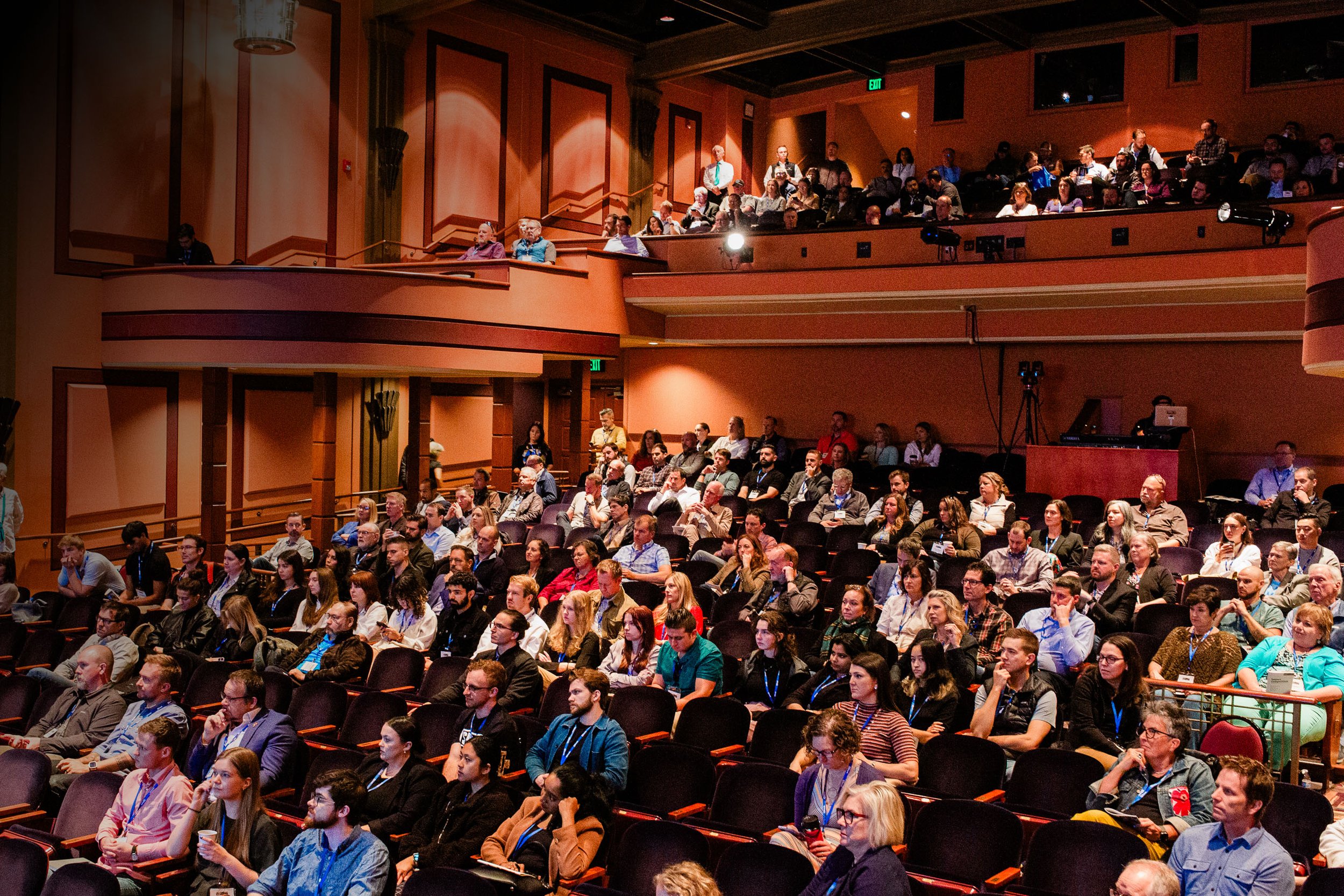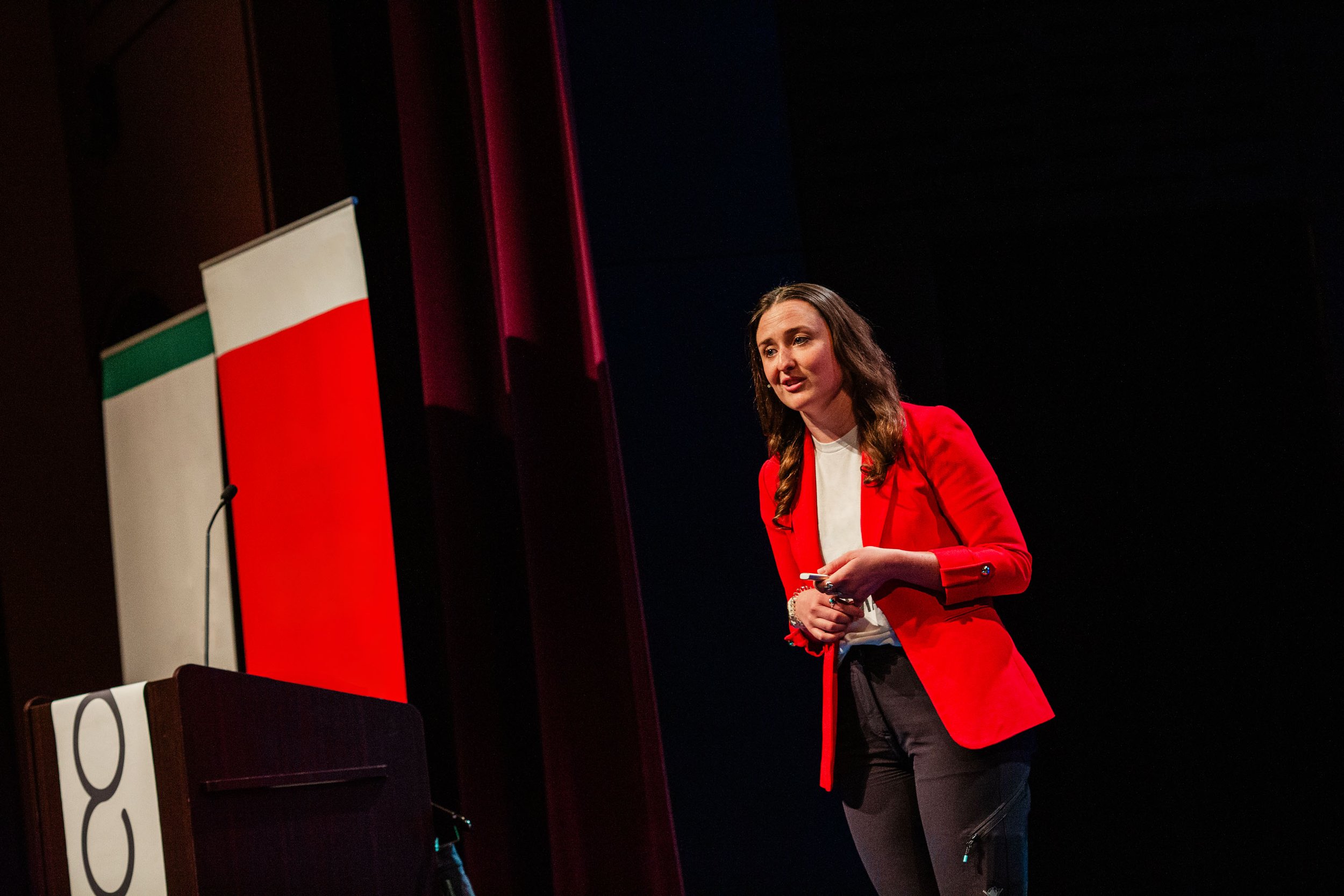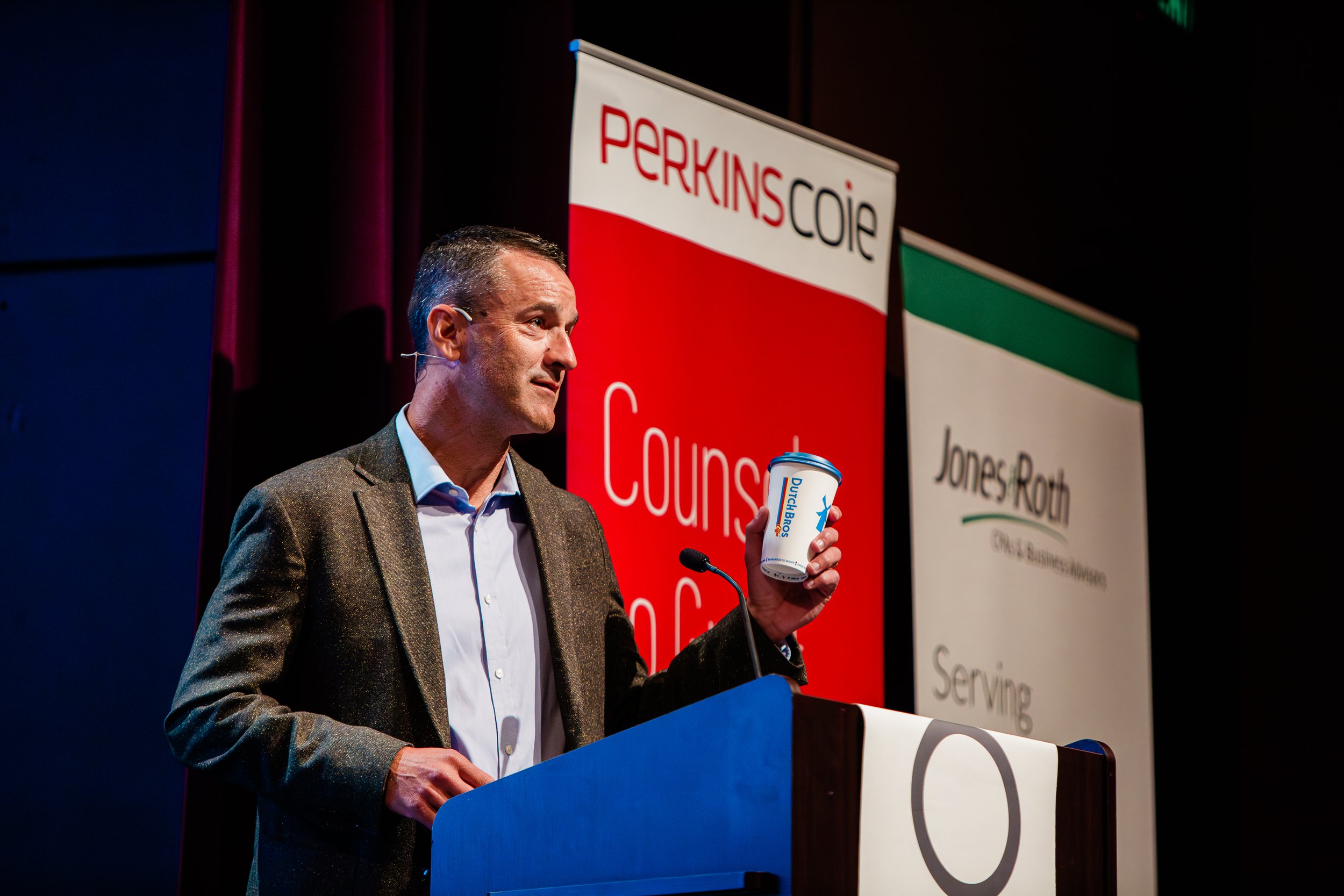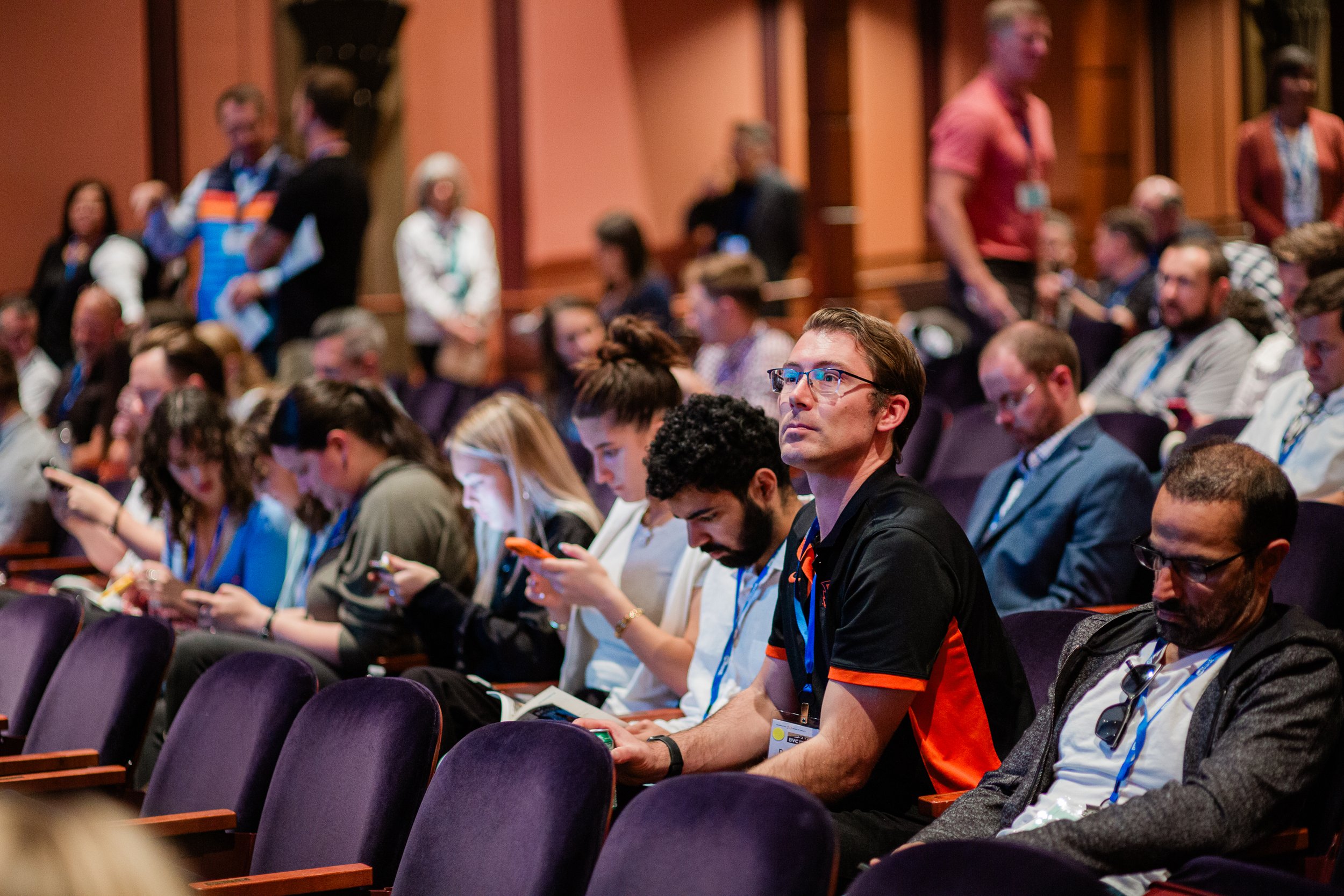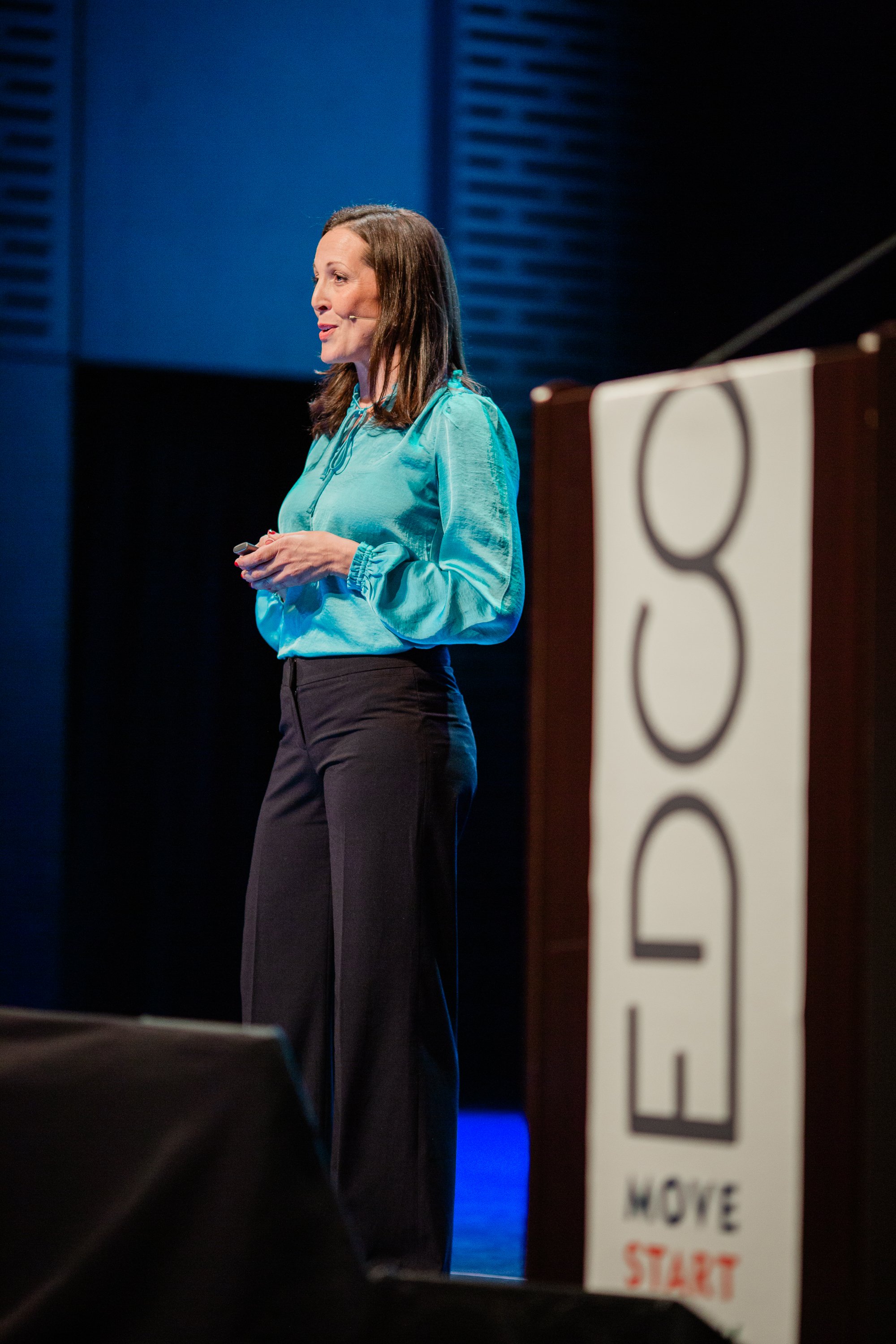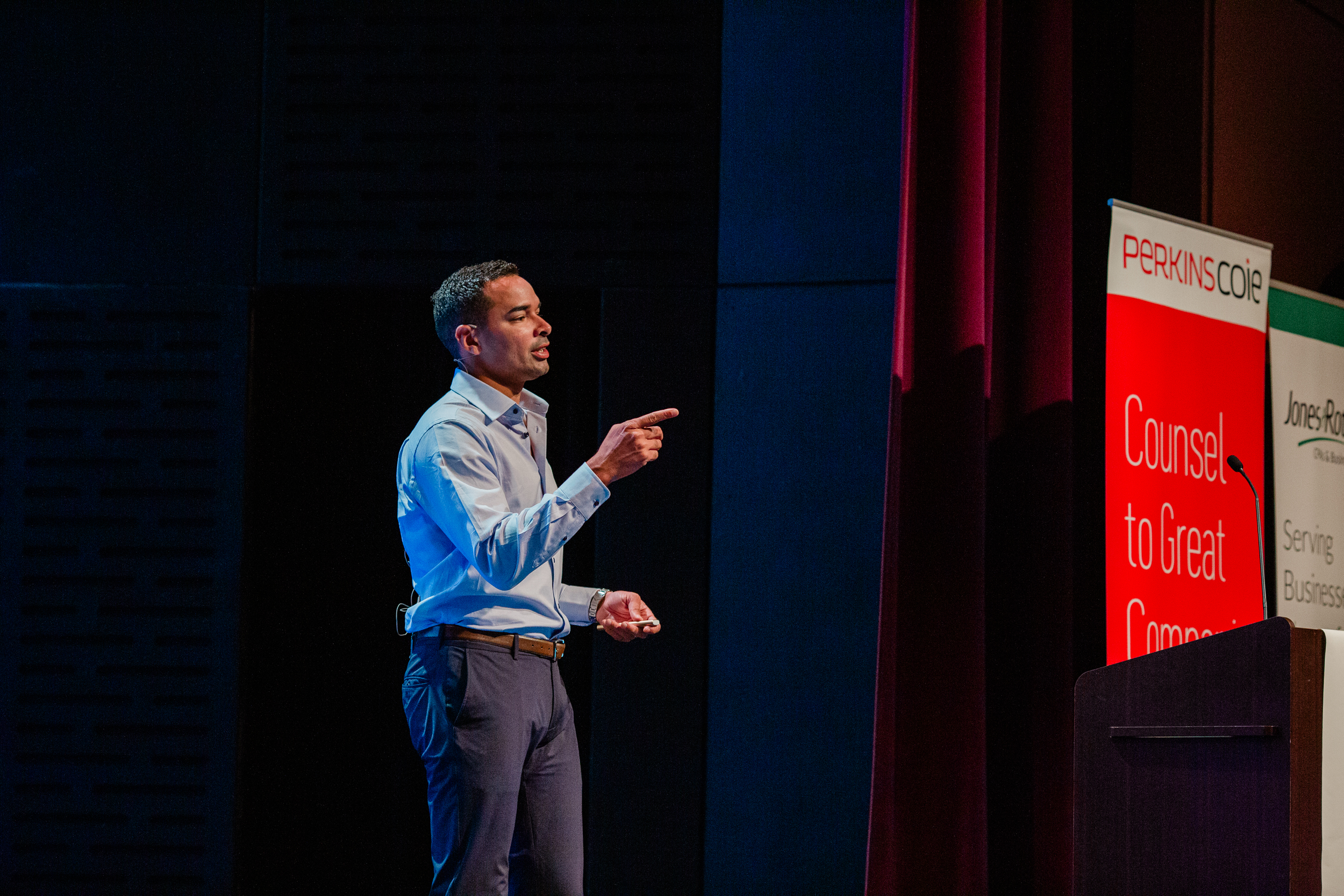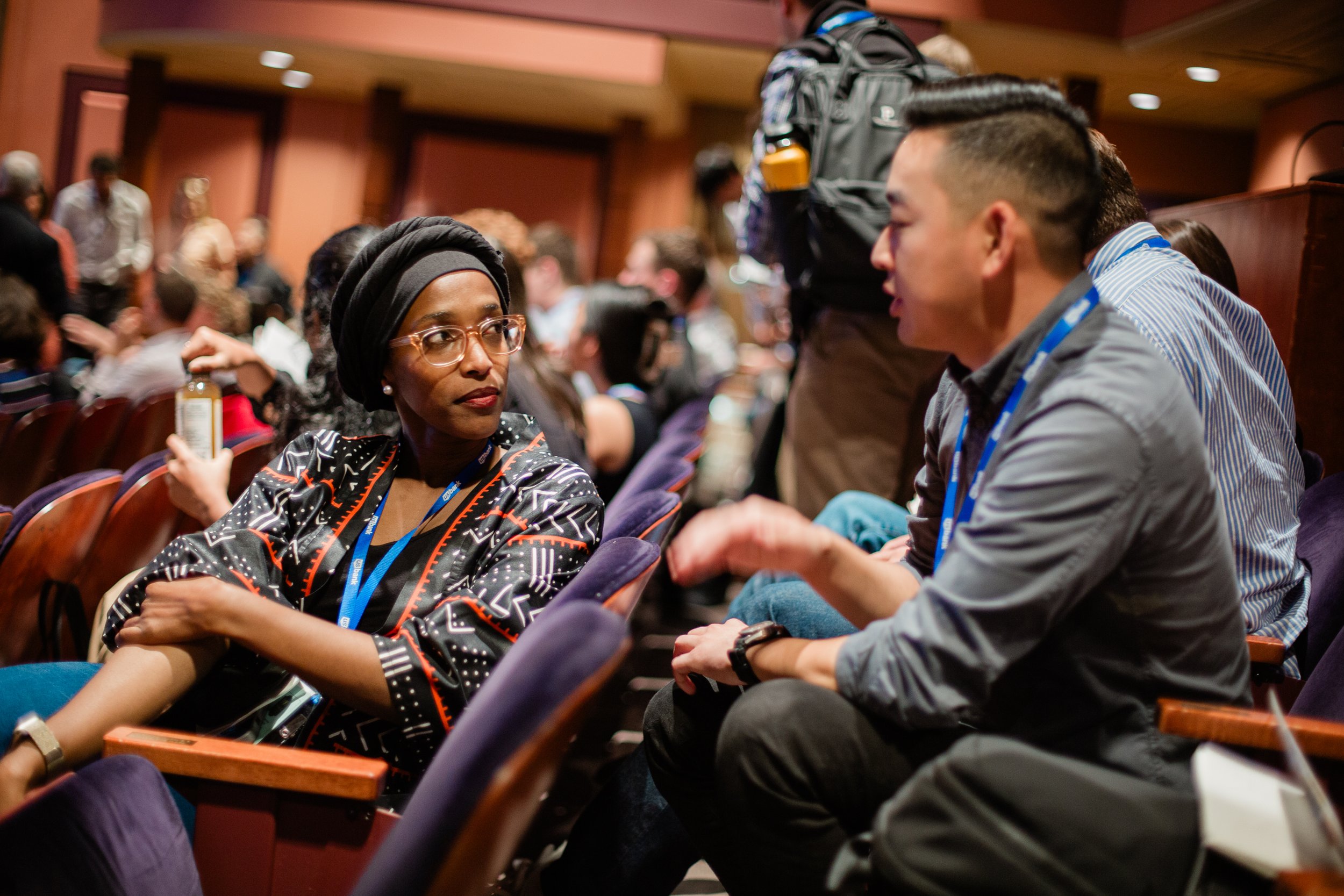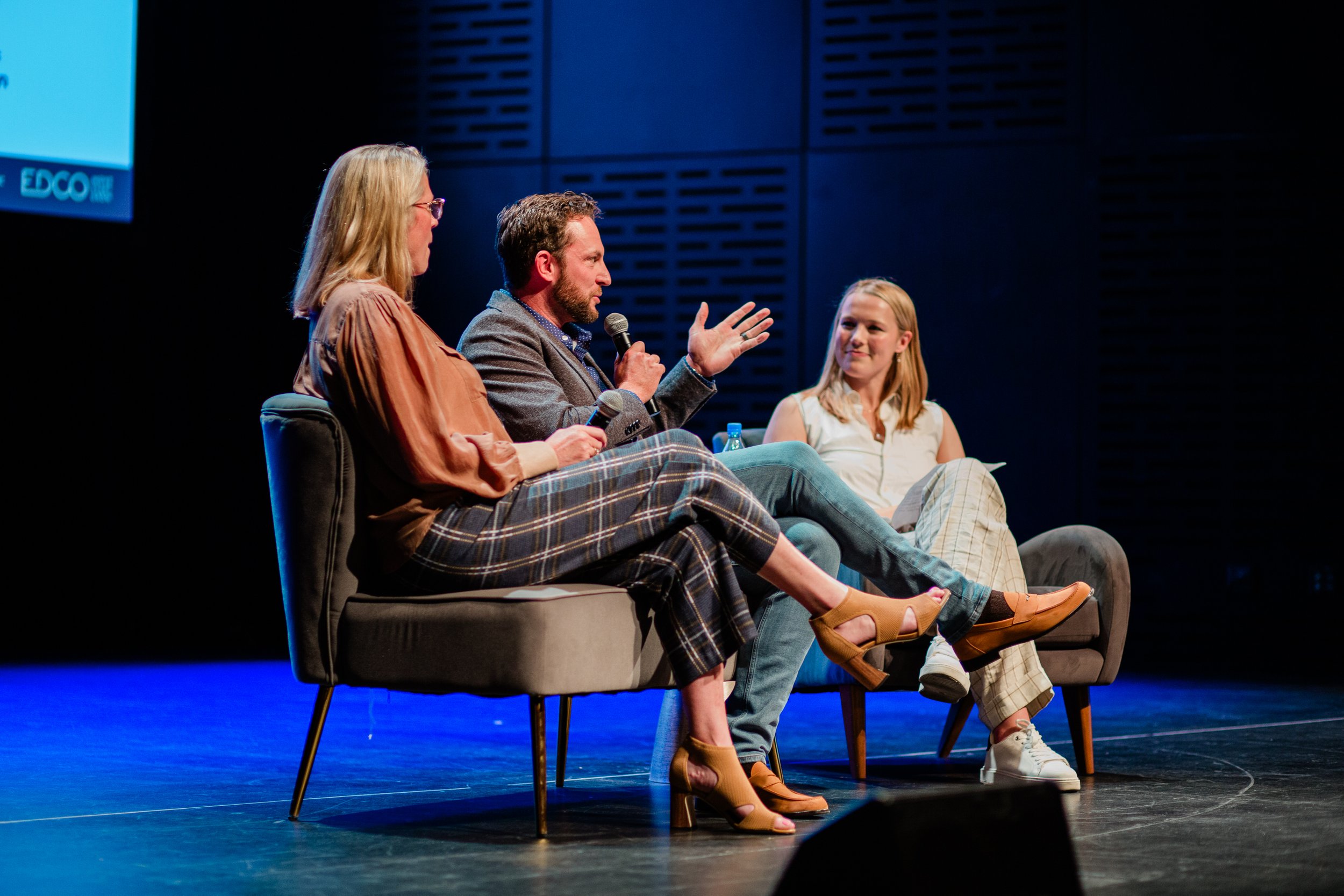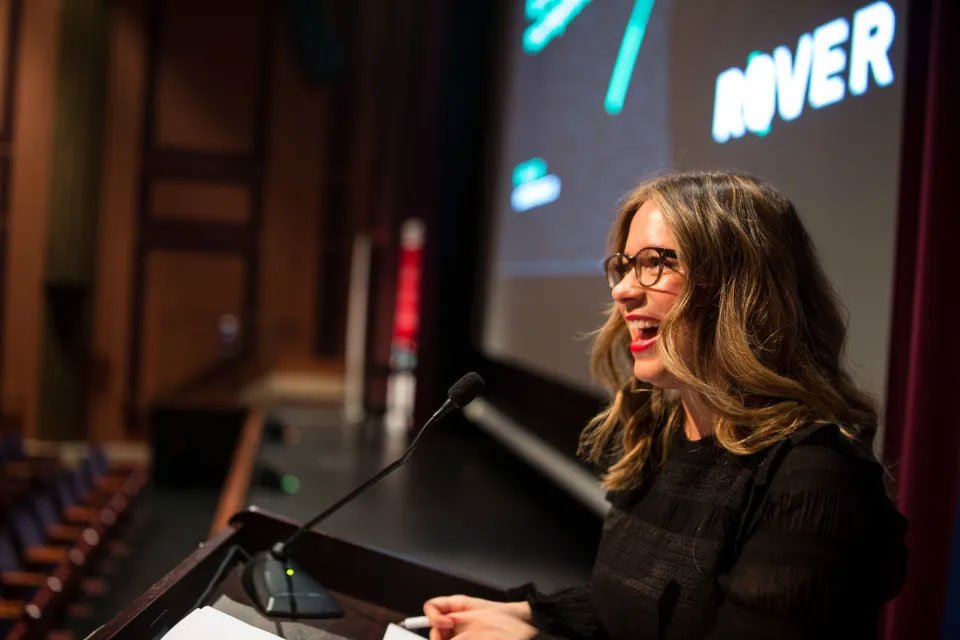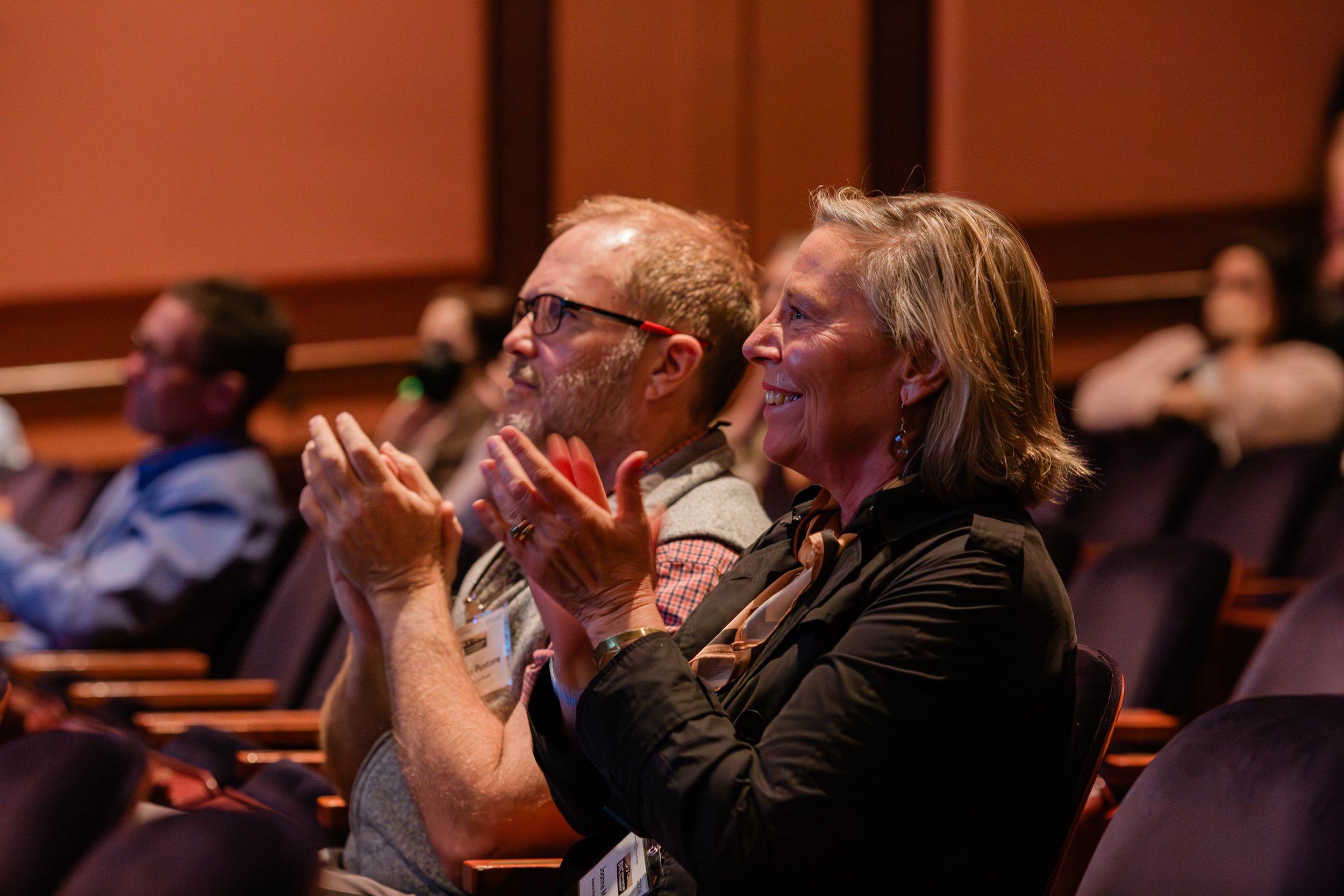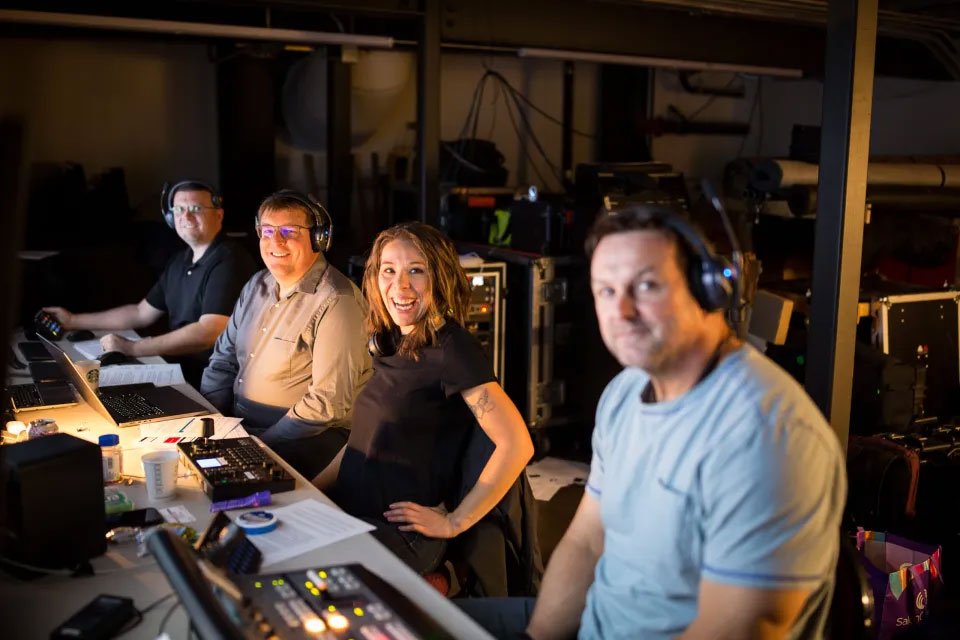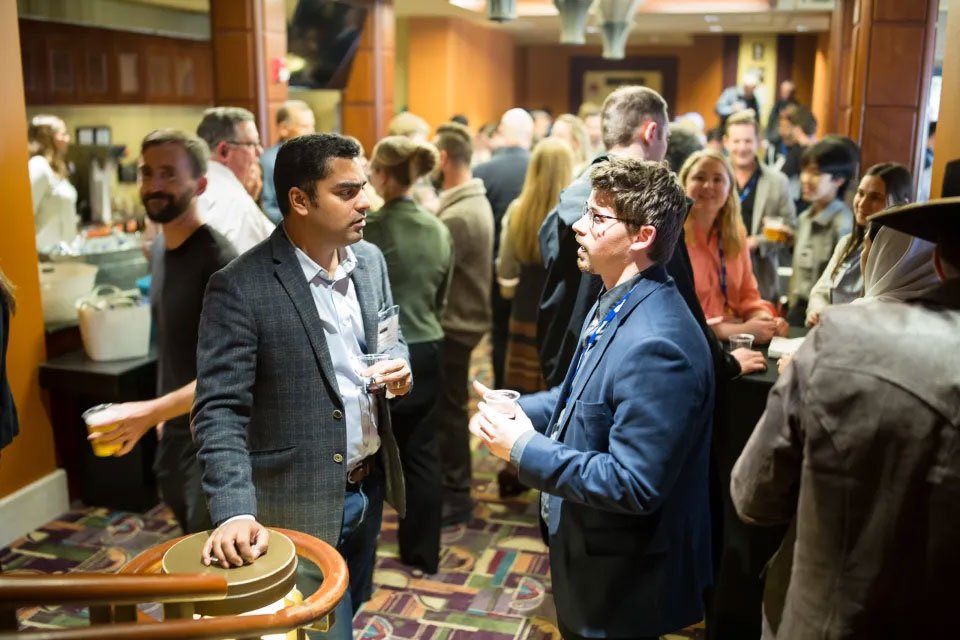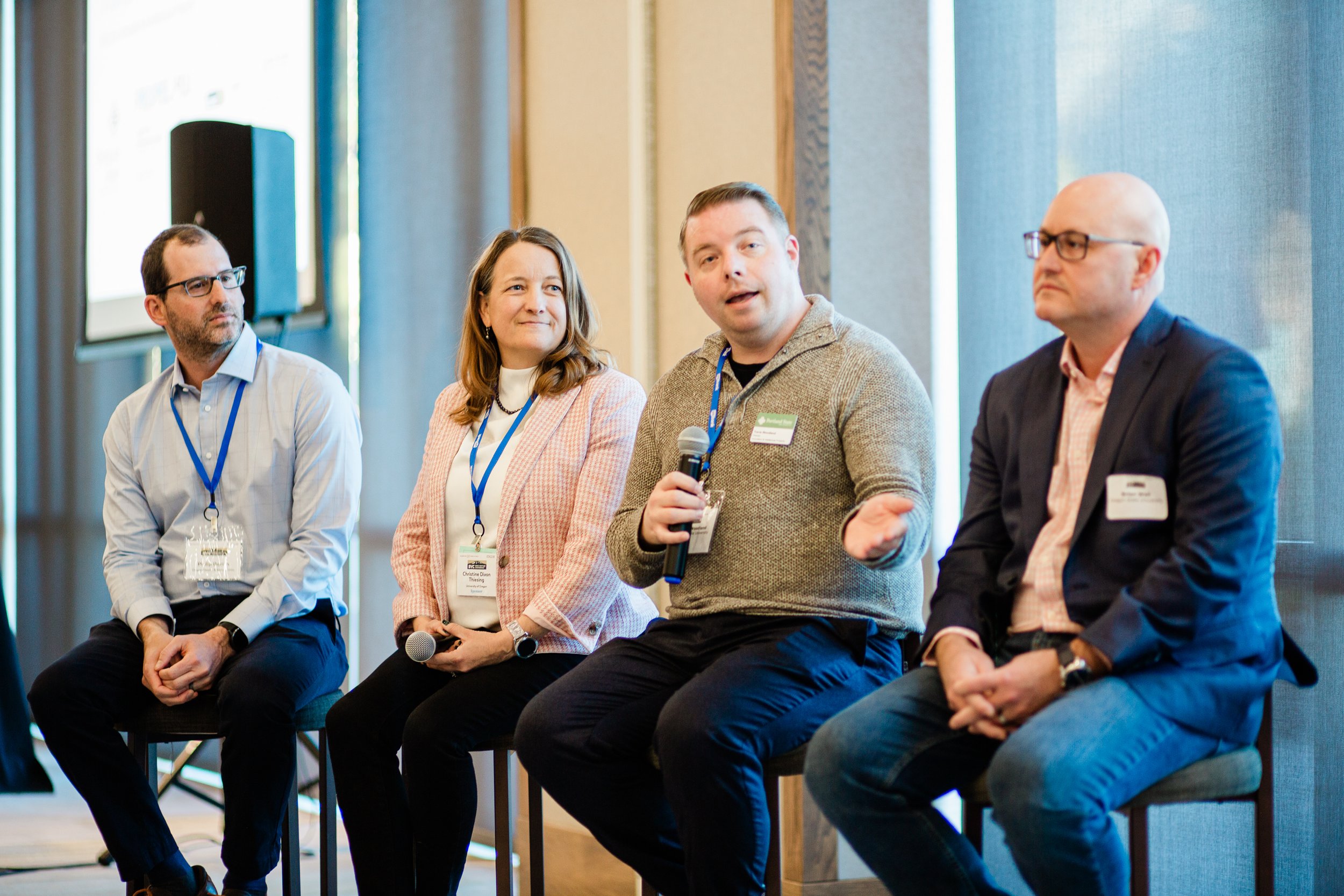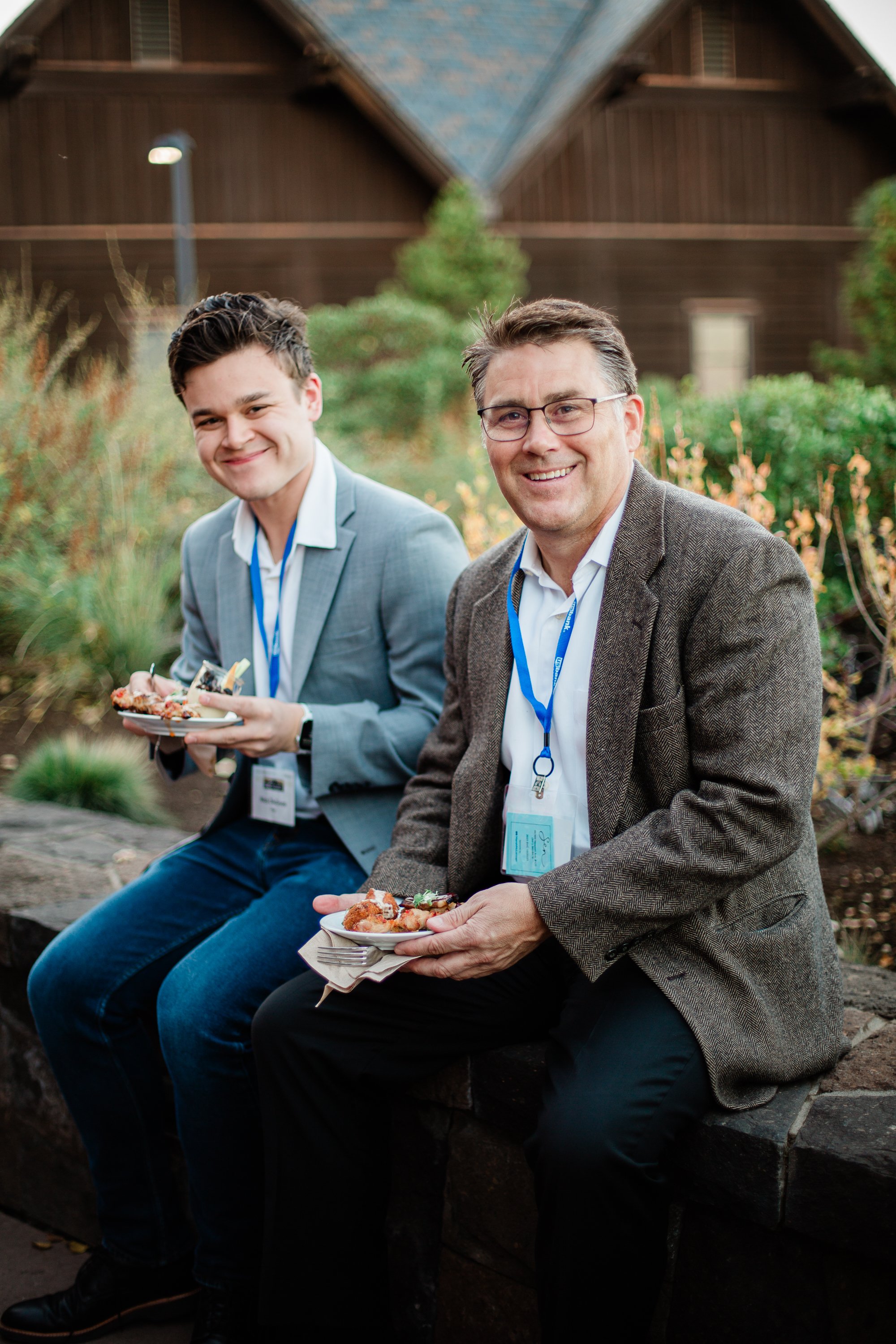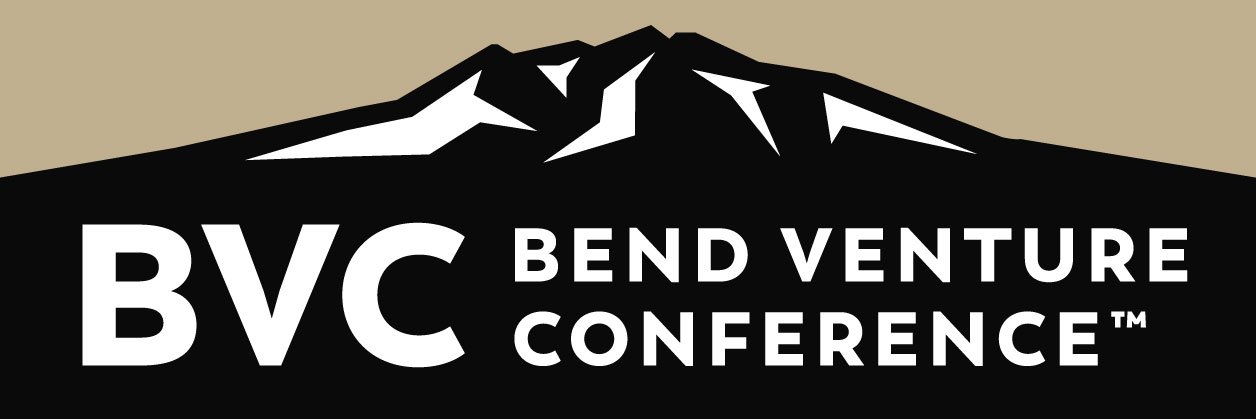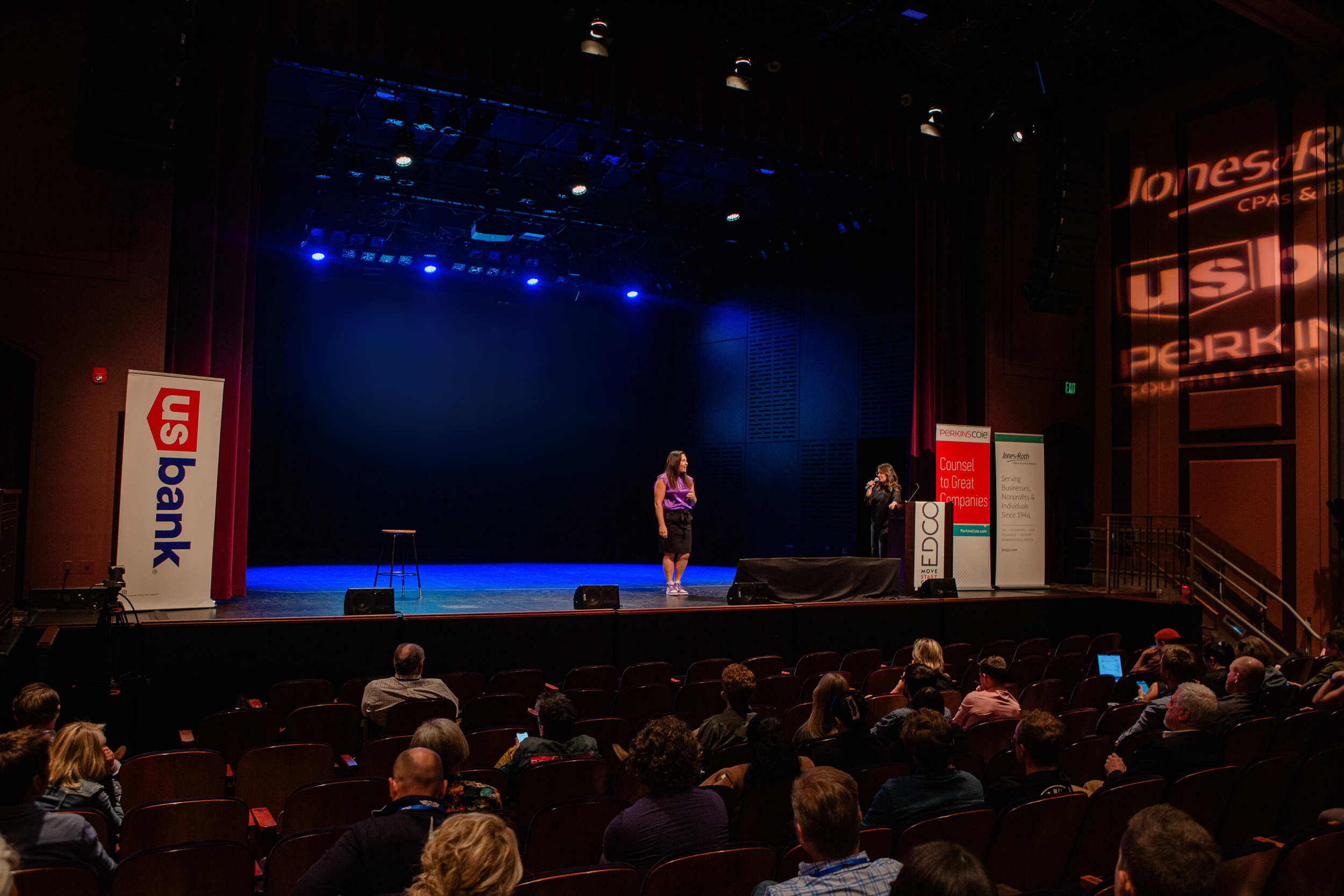
The largest angel conference in the Pacific Northwest.
DOWNTOWN BEND
OCTOBER 16-17, 2025
Presented by
Bend Venture Conference (BVC) takes place in beautiful downtown Bend and creates a high level of entrepreneurial activity and energy. For over two decades, BVC has served as a pillar of Central Oregon’s robust entrepreneurial culture that has transformed this small timber community into a mecca for startups. Throughout the conference, attendees hear company pitches, participate in multiple networking activities and listen to inspiring presenters from across the United States.
The iconic Tower Theatre sets the stage for the Bend Venture Conference.
Pitch your startup at the largest angel investment conference in the Pacific Northwest.
BVC showcases innovative startups and connects entrepreneurs with investors and mentors. There are two categories of competition: Growth Stage and Early Stage. Applicants must commit to participating in due diligence and presenting in Bend, Oregon for the conference.
All applicants, regardless of whether or not they are a finalist, may apply the application fee towards the price of a conference ticket.
Our Sponsors
Support Central Oregon’s entrepreneurial ecosystem, elevate opportunities for investment and accelerate impactful innovation.
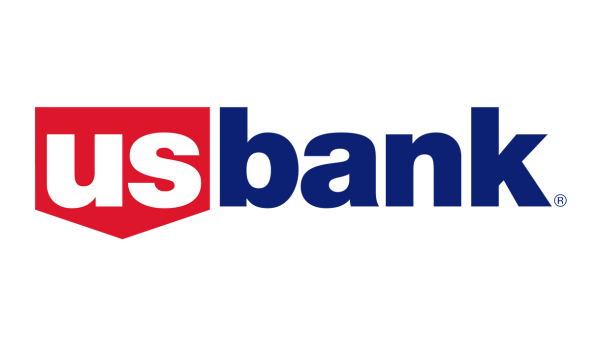
For over two decades, BVC has played a pivotal role in evolving and growing the startup ecosystem throughout Central Oregon and across the Pacific Northwest.

